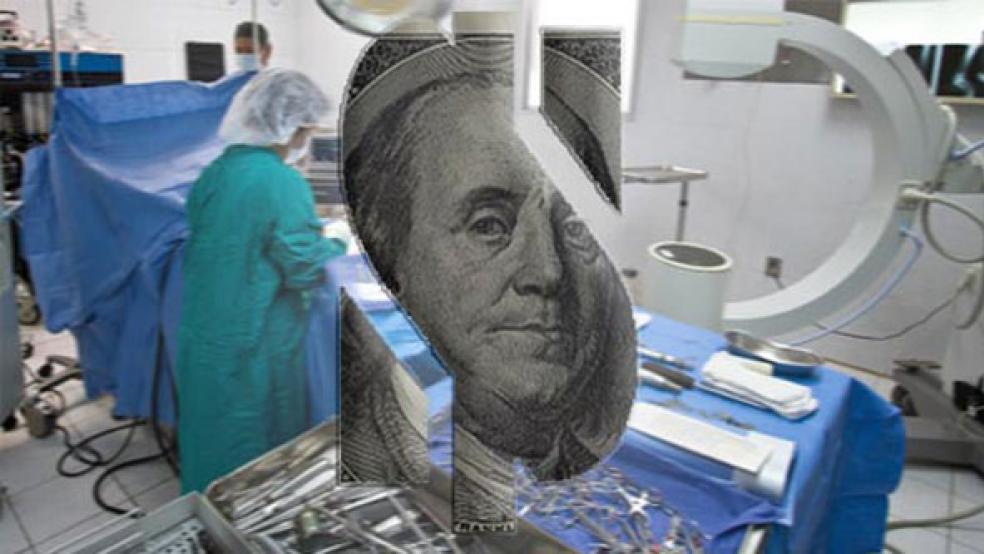As of January 1, Americans finally have some federal protections against surprise medical bills – the often-substantial charges patients are stuck with when they unknowingly receive care from out-of-network health care providers. Such bills have been quite common, occurring in about 20% of all emergency room visits, but special interest groups managed to delay the imposition of legal restrictions for years.
Signed into law by then-President Donald Trump at the end of 2020 as part of the $2.3 trillion omnibus spending bill for 2021, the No Surprises Act requires health care providers to negotiate out-of-network fees with insurance companies rather than billing patients directly. The new rules apply to doctors, hospitals and air ambulances, but not to the more common automotive ambulances.
The law also provides a mechanism for determining prices for services if negotiations between providers and insurers are unsuccessful, with billing conflicts to be resolved through an arbitration process that uses median in-network rates as a basis for determining appropriate charges.
Some medical providers, however, are questioning the way the new rules are being implemented. While insurers seem happy with the arrangement, some hospitals and physicians want arbitrators to consider other factors in addition to median in-network rates when determining final payments.
A group of more than two dozen Republican senators sent a letter last week asking the Biden administration to adjust its implementation of the new rules to require arbitrators to also consider factors such as provider training and market share, patient condition and prior contracting history when determining final rates – a more complex analysis that they say reflects the intent of Congress.
The White House is not expected to alter its interpretation of the new rules in response to the GOP letter, but the courts may provide clarity as lawsuits over the arbitration process are resolved over the next few years.




